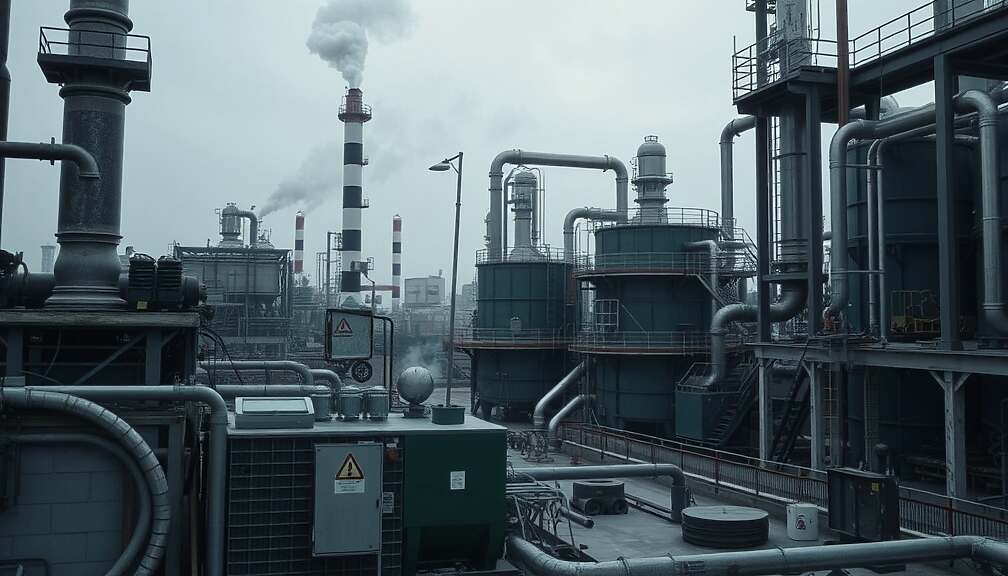A sharp deterioration in sentiment has gripped Germany’s chemical industry, signaling deepening concerns about the sector’s future viability and raising questions about the efficacy of government support measures. The Ifo Institute’s latest index, a key indicator of industry health, plummeted to -19.4 points in October, a significant drop from -12.0 in September and reflecting a pronounced shift towards pessimism.
The data reveals a double-edged crisis. Companies are demonstrating markedly lower expectations for the coming months, with the expectations sub-index collapsing from -3.7 to -13.3 points. Simultaneously, current conditions are viewed significantly more negatively, with the “current situation” indicator falling from -19.8 to -25.3. This reflects a growing unease, particularly given the backdrop of rising global competition that is forcing numerous businesses to aggressively lower prices – evidenced by a dramatic shift in the price planning indicator, which now sits at -10.6, compared to +0.6 just last month.
The bleak outlook is compounded by a persistent weakness in order backlogs, with businesses anticipating no significant boosts from international markets. This has resulted in the assessment of existing order books plummeting to an unprecedented low of -68.9 points, marking the worst reading in over three decades. The utilization of production capacity has also dwindled to just 71 percent, substantially below the ten-year average of 81 percent.
Anna Wolf, Ifo’s industry expert, directly criticized the federal government’s current relief packages, stating they are “insufficient to initiate a turnaround” given the prevailing economic climate. The combination of declining competitiveness, price pressures, escalating costs and a slump in demand is pushing companies to curtail investment and further reduce personnel, raising serious concerns about long-term structural damage to a vital pillar of the German economy. This situation invites a critical examination of industrial policy and a reevaluation of how best to support Germany’s strategic industries in the face of intensifying global pressures. The consequences extend beyond the chemical sector, potentially impacting downstream industries and overall economic stability.












